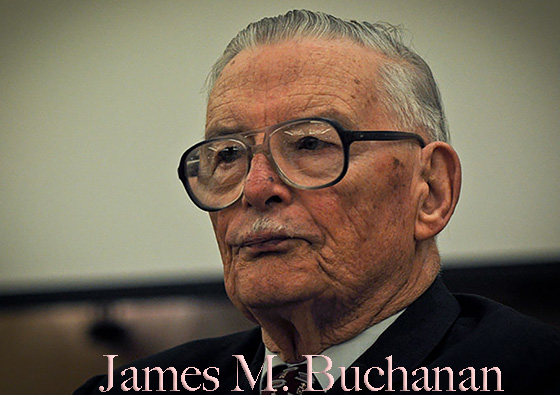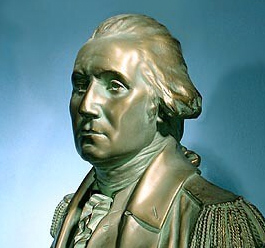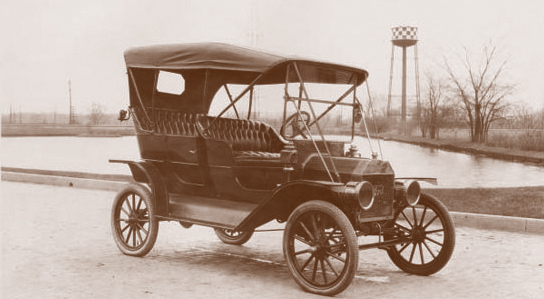October 6 is the traditional date commemorating the martyrdom of William Tyndale, in 1536. Tyndale translated the New Testament and much of the Old into the English of his day, and in the process added more new words into the English language than any other single wordsmith, with the possible exception of Shakespeare. He also laid the ground for the later, and more famous, King James (“Authorized”) Edition of the Bible.
Among his memorable coinages and turns of phrase coined as translations from Hebrew and Greek into English include
- Passover (constructed from the Hebrew Pesach or Pesah)
- scapegoat
- a moment in time
- the powers that be
- the salt of the earth
- a law unto themselves
- it came to pass
- the signs of the times
- filthy lucre





